A Complete Guide To Different Types Of Filters Used In Home Air Purifiers

Investing in an air purifier for your home is not only an intelligent decision but also an expensive one. That is why it is important for you to gain thorough information about the various aspects of buying a home air purifier that matches your specific needs. One of the most important of these aspects is the choice of filter as it can deeply influence the performance and efficiency of the air purifier you choose. Contrary to the popular belief, air purifiers come equipped with different types of filters depending on user expectations from the device. Given below are the brief details of the most common types of filters that are used in home air purifiers to enhance their functioning and effectiveness.

HEPA Filters : Considered to provide the highest standard of filtration, HEPA filters form an integral part of the best air purifiers from different brands. These filters are required to meet a specific set of standards established by the United States Department of Energy. They are designed to entrap the smallest and the most harmful particulate matter that can pollute indoor environment. This essentially means that an air purifier equipped with a HEPA filter can capture pollutant particles, which are 25-50 times smaller than those that can be seen by human eye. However, they are not capable of removing odors and smoke on their own besides which they tend to be quite expensive.

Ionic Filters : These filters are named so because they use ionization process to trap dirt, dust and other pollutant particles. The air purifiers equipped with these filters operate by emitting electronically charged ions into the air, which then get attached with dust, mold, pet dander and other pollutant particles. The ions simultaneously charge the pollutant particles to make them heavier. The biggest drawback of ionic filters is that they cannot be used simply on their own, but need to be combined with other filters, which can clean up the ionized pollutant particles. Moreover, the ionization process produces ozone as a by-product which might not make the devices equipped with these filters suitable for use around people with respiratory issues.
Carbon (Charcoal) Filters : These filters are crafted from activated charcoal and are most suitable for removing odors, gases, chemical toxins and smells from the air. The activated charcoal is known to attract dust and pollutant particles, which then get trapped in the large pores that are present on the surface of the filter. These filters are most commonly used in combination with other filters to ensure complete air purification and make it absolutely hygienic. This is also because the carbon filters are not capable of removing the common pollutants including dust, pollen, mold and other such particles on its own. However their great absorption ensures easy entrapment of the particles and eliminates any chance of them getting released back into the environment. Understanding the link between allergies, air purifiers and a healthy lifestyle.

Ultraviolet (UV) Filters : These filters are based on the latest technology of using the UV light to destroy the pollutants present in the air. The technology works by breaking the bonds of the pollutant particles at a molecular level and within their DNA. This is achieved by emitting electromagnetic radiation whenever any pollutant particles present in the air pass by the device to completely annihilate them. This technology eliminates the need to make the air pass through the filters to purify it. However, there is still a lot of speculation about whether or not the purifiers equipped with these types of filters are capable of destroying pathogens and other pollutants in an effective manner. In fact it is a common perception that UV filters might not be as efficient as they are made to sound.
Being aware of the various benefits of different filters helps you to make the right buying decision.
- Admin .

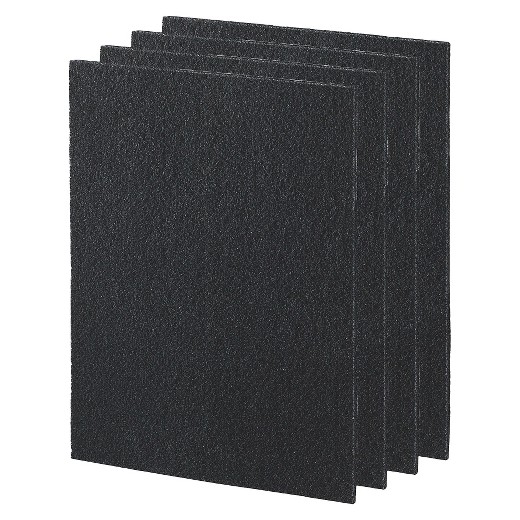
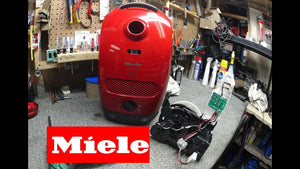


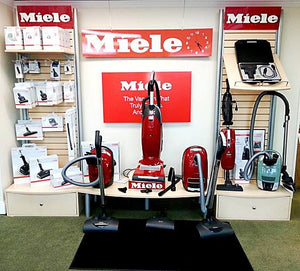
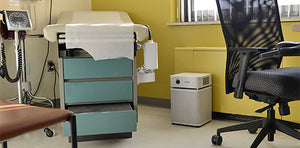
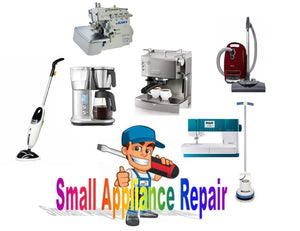
Comments 0